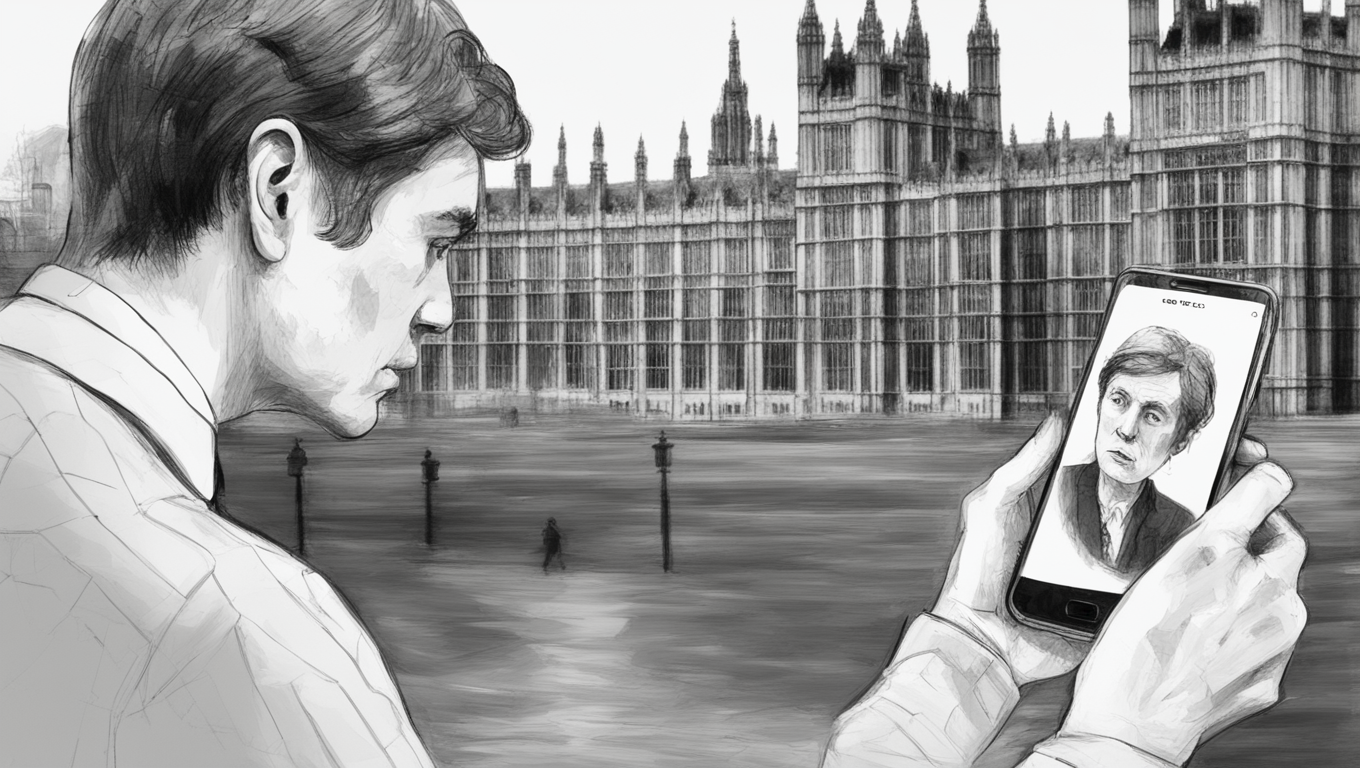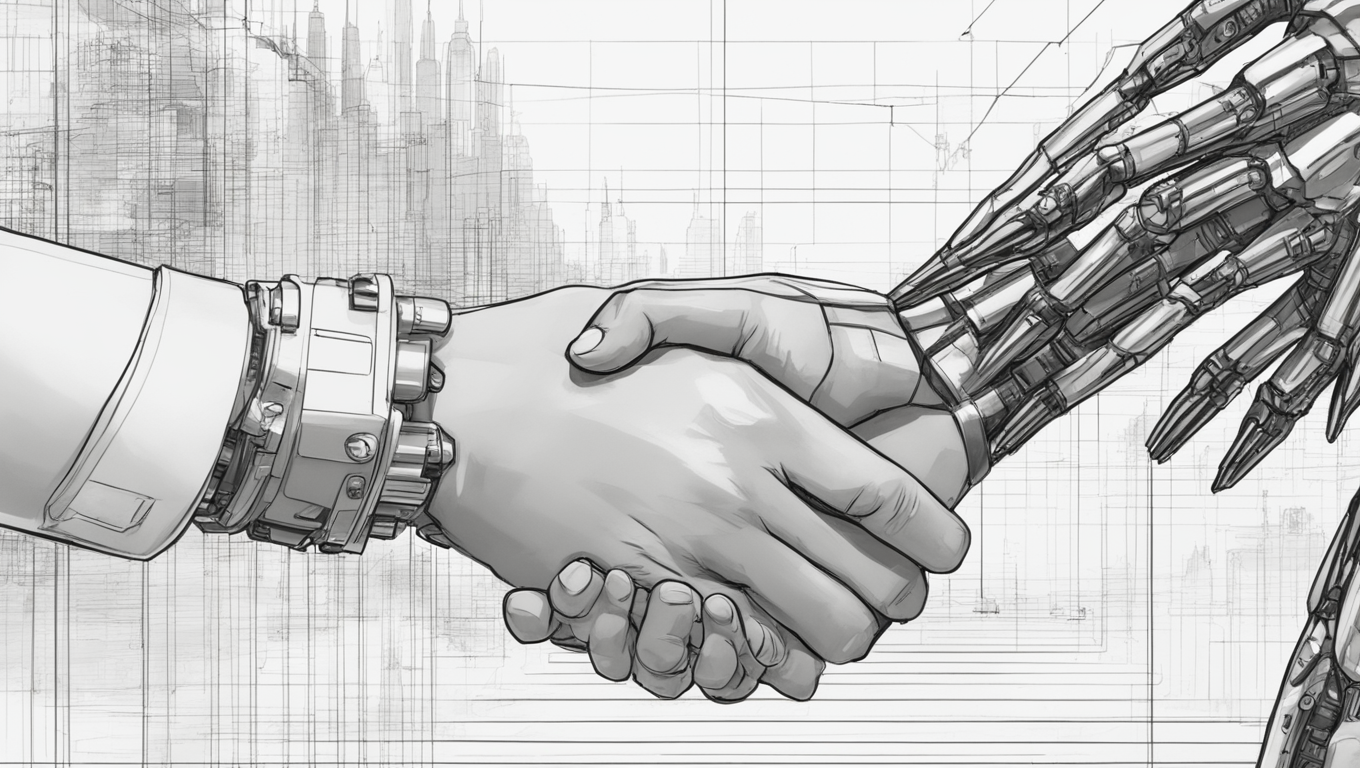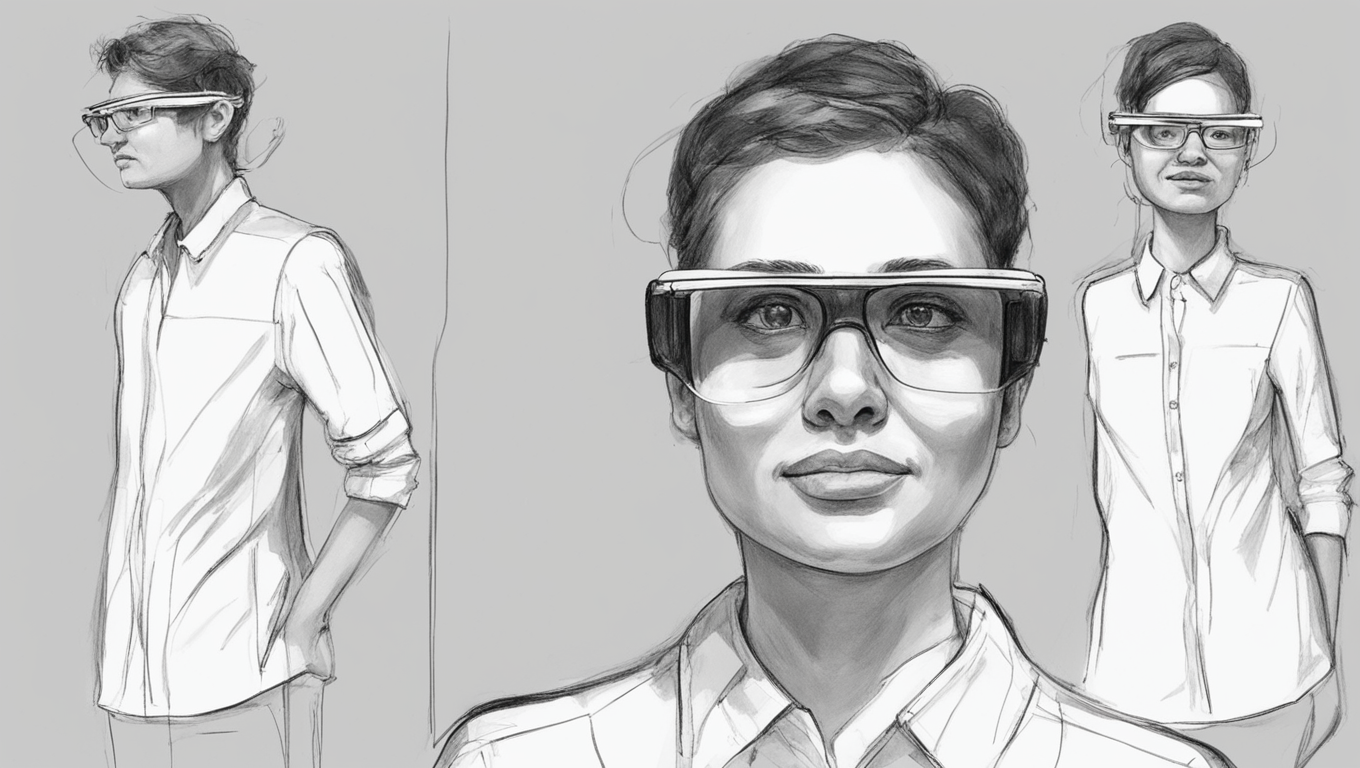Deepfake videos have become a growing concern in the realm of politics, as they present a potential threat to the integrity of elections. The UK, in particular, is bracing itself for the upcoming general election and preparing for the possibility of adversaries using deepfake videos to manipulate voters.
Speaking ahead of a meeting with tech leaders in Silicon Valley, UK Home Secretary James Cleverley emphasized the significance of deepfake videos in the current political landscape. He warned that countries like Iran or Russia could exploit this technology to flood social media platforms with highly realistic AI-generated videos, with the intention of swaying public opinion. Cleverley stated, “The era of deepfake and AI-generated content to mislead and disrupt is already in play.”
Cleverley’s concerns are not unfounded, especially considering the wide reach and influence of social media platforms. With significant elections taking place across the world, including in the UK, the US, and the EU, the potential for deepfake videos to impact democracy is a harrowing thought. Cleverley stressed the need for rules, transparency, and safeguards to protect users from the manipulative nature of such content.
London’s mayor, Sadiq Khan, echoed Cleverley’s concerns, drawing attention to the regulatory gaps surrounding deepfakes. Khan himself fell victim to an AI-generated recording last year, which depicted him making inflammatory remarks. He expressed worries that close elections or referendums could be influenced by deepfake videos, emphasizing the need for legislation and regulation to address this issue.
Tech companies have made efforts to combat the dissemination of misleading AI-generated content, but their initiatives have not extended to banning deepfake videos entirely. Meta, Microsoft, OpenAI, and other tech giants recently joined forces to combat deceptive AI content, but the focus lies on prevention rather than prohibition.
As elections approach, Meta, the owner of Facebook, has taken steps to tackle the potential misuse of AI in influencing voters. Marco Pancini, Meta’s head of EU affairs, announced the establishment of an Elections Operations Center to identify and address potential threats in real-time. Meta will also collaborate with independent fact-checking organizations across the EU, spanning 22 languages, to combat misinformation and influence operations.
The fight against deepfake videos and their potential impact on elections is an ongoing battle. It is essential for policymakers, tech companies, and the public to stay vigilant and demand robust regulations to safeguard the democratic process. As Cleverley aptly put it, “The battle of ideas and policies takes place in the ever-changing and expanding digital sphere.” The challenge lies in ensuring that this digital sphere is not tainted by manipulative forces.





Use the share button below if you liked it.